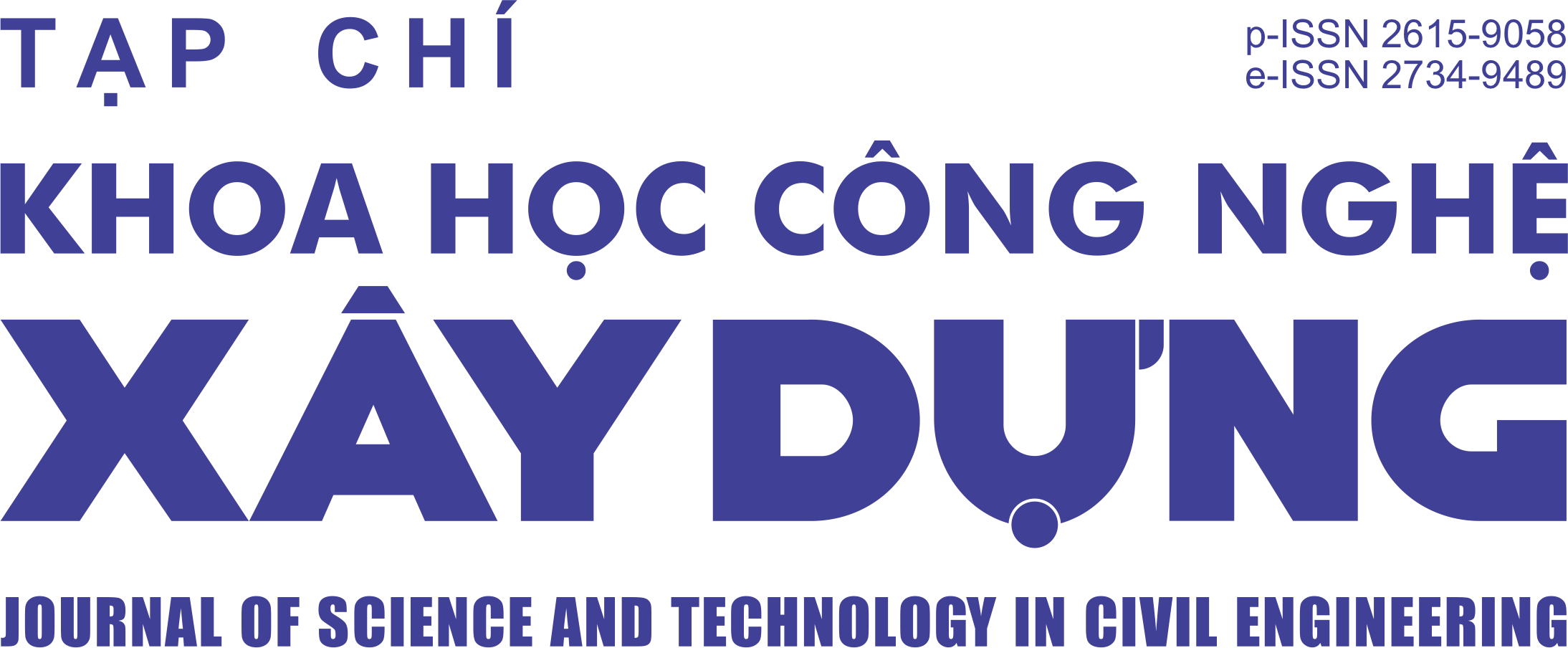Empirical modeling of uf membrane fouling in removal of organic matters from surface water
Abstract
Fouling due to organic matters from surface water has been always of concerns as it affects the water production and membrane lifespan. It's the fouling that hinders the wide application of membrane technology in water treatment field. This study aims to investigate the fouling mechanism, which mostly impacts the water permeability via empirical modeling. Normally, there are four different physical-based types of fouling: complete blocking, intermediate blocking, cake filtration and standard blocking or adsorption. It was revealed that fouling by organic matters on ultrafiltration membranes’ surfaces behaved like loose nanofiltration membranes, which mostly involved in intermediate or complete pore blocking. A combined cake formation and pore constriction model simulated even better the fouling mechanism for those tested membranes. The nature of membrane surface characteristics including roughness or hydrophobicity influenced the fouling to some certain extent.
Keywords: Empirical modeling, fouling, ultrafiltration membrane, surface water treatment.
Received: August 30th, 2017; revised: September 15th, 2017; accepted: November 2nd, 2017
Downloads
1. The Author assigns all copyright in and to the article (the Work) to the Journal of Science and Technology in Civil Engineering (JSTCE) – Hanoi University of Civil Engineering (HUCE), including the right to publish, republish, transmit, sell and distribute the Work in whole or in part in electronic and print editions of the Journal, in all media of expression now known or later developed.
2. By this assignment of copyright to the JSTCE, reproduction, posting, transmission, distribution or other use of the Work in whole or in part in any medium by the Author requires a full citation to the Journal, suitable in form and content as follows: title of article, authors’ names, journal title, volume, issue, year, copyright owner as specified in the Journal, DOI number. Links to the final article published on the website of the Journal are encouraged.
3. The Author and the company/employer agree that any and all copies of the final published version of the Work or any part thereof distributed or posted by them in print or electronic format as permitted herein will include the notice of copyright as stipulated in the Journal and a full citation to the Journal as published on the website.







